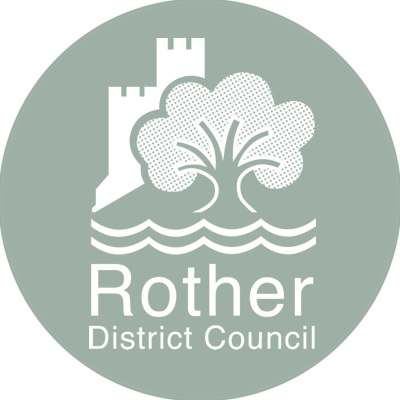Agenda item
Debate not Hate: Ending Abuse in Public Life for Councillors
Minutes:
Members received the report of the Interim Monitoring Officer which considered the Local Government Association’s (LGA) publication on how councils could better support Councillors to prevent and handle abuse in July 2023, which included principles for councils to consider, top tips and good practice case studies (Appendix A to the report). It was noted that unfortunately there had been an increase of abuse in public life at all levels of democracy – it was not just a local level issue.
The report highlighted the key findings and recommendations of the LGA report and what steps Rother District Council had already put in place to ensure that Councillors felt supported when dealing with abuse in public life.
The LGA’s report identified three key challenges to supporting Councillors, namely, Councillors felt vulnerable to abuse and ill-equipped or supported to handle abuse, harassment, and intimidation, a lack of clear process around reporting instances of abuse, harassment and intimidation to the Council and uneven engagement and response from the police to abuse and harassment of Councillors. As a result, three recommendations had been made to central Government, regulators and police forces across England to consider, as detailed in the report.
The LGA’s five principles for support agencies were also detailed in the report, with commentary under each on the actions already undertaken by the Council that worked towards achieving the principles, which included: zero-tolerance approach to abuse; clarity of process and responsibility; relationships with local police; tailored risk assessments; and prioritise Councillor wellbeing. With regard to the reporting of such incidents, it was confirmed that Members should notify the Council’s Monitoring Officer of all such incidents and this formalised approach would be advised to all Members.
All Rother District Councillors had access to the Council’s Employee Assistance Programme via the BeSupported Website, which provided Councillors and their immediate family with information, resources and options to address a wide range of issues both at home and at work including counselling.
The Chief Executive was pleased with the level of support that was offered to Councillors and would ensure that the Member Development Task Group regularly reviewed the support available. It was noted that Parish and Town Councils (P&TC) were able to contact the Police if they had safety concerns and could raise issues with the Council’s Monitoring Officer for further advice, if necessary, as well as contacting their associations of local councils for support and advice.
It was considered that Members required good advice and support around potential for abuse through the increased use of social media and emerging artificial intelligence, which was a source of a number of code of conduct complaints.
Members were appreciative of the initiatives that Rother had put in place to support Councillors, however some were cautious about limiting freedom of speech and neutralising political debate; it was considered that positive messages about expected rules of engagement should be encouraged, rather than concentrating on the zero tolerance approach. Some Members voiced concern at the conduct of fellow Members at Council meetings, and it was agreed that that these type of incidences were best handled by the Chair at the time and further Chair training, particularly at P&TC level was needed.
RESOLVED: That:
1) the Council’s actions to date to support Councillors in preventing and handling abuse in public life be noted;
2) the procedure for the reporting of incidents of abuse be formalised and Councillors be provided links to all relevant recorded training sessions, Local Government Association’s guidance and other sources of support on a regular basis;
3) the Member Development Task Group be reminded to regularly review the support available; and
4) the findings of the Local Government Association’s report be noted.
Supporting documents:
-
Debate Not Hate: Ending Abuse in Public Life for Councillors, item AS23/51.
 PDF 79 KB
PDF 79 KB -
Appendix A, item AS23/51.
 PDF 13 MB
PDF 13 MB -
Appendix B, item AS23/51.
 PDF 52 KB
PDF 52 KB
